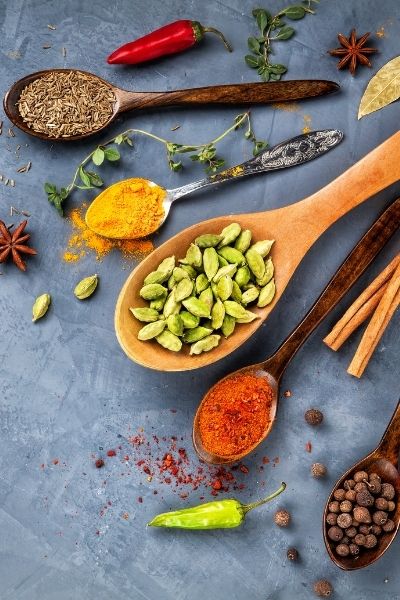These two 1.5 hour live, online sessions (April 04 & 18, 2024) are part of Satsangam’s Vedic Threads’ ongoing membership-based course with Drs. Ramkumar & Welch. Schedule details available on your class page after registration.
In the first session, Sanjeev Kumar Kulangara is scheduled to join us.
Along with the 8 branches of Ayurveda that apply to humans, we can understand that, depending on the teacher, there are 2 or 3 other branches: one covers agriculture or farming (kṛṣi Ayurveda); one plants & trees (vṛkṣa Ayurveda), and one animals (mṛga or paśu Ayurveda). (Alternatively, we could understand there is just mṛga or paśu Ayurveda and kṛṣi Ayurveda–which covers plants, trees and agriculture). There are some sub-branches for specialization of mṛga or paśu Ayurveda for some animals– like Ashwa Ayurveda for horses, and Gaja Ayurveda for elephants.
There is a subset of these various branches of Ayurveda that join them together, working symbiotically to benefit all, without inflicting any violence on animals. This is called, go adharid kṛṣi or, cow-based agriculture. According to the principles outlined by, “father of agriculture,” Subhash Palekar, there are 3 factors necessary for success in this method: 1. Health; 2. Mindset and, 3. Native cattle. Together they yield, “zero-budget” farming practices that nourish the land, cows, other animals, and humans.
Sanjeev Kumar Kulangara has worked with these practices for seven years. He learned from his guru ji, Swami Nirmalananda Giri Maharaj, and continues to learn with masters of these methods as he works with of the Ayurveda eco-village vaidyagrama’s cows—and other animals– in Tamil Nadu, India. Here he protects and nurtures rare breeds of cows, including anaganmala kulan—a breed of small cows from Anaganmala—that number only around 200 in the world.
Sanjeev ji joins us in Vedic Threads to share these practices and provide a window into the inspiring results, using real-life examples.




